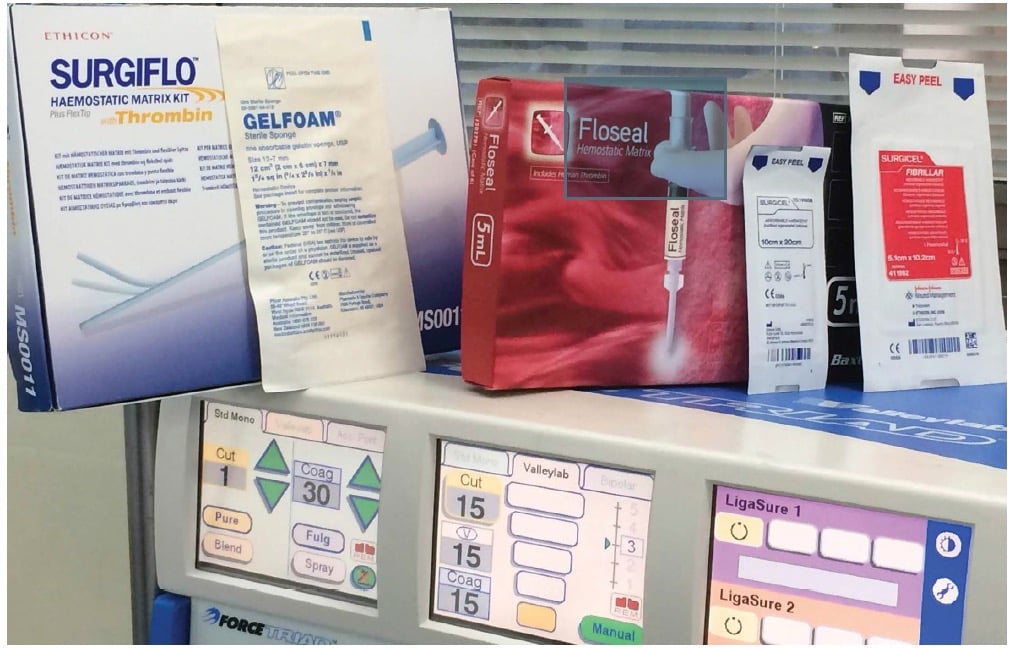First Aid Kit Essentials and Essential Medicines from freeamfva's blog
First Aid Kit Essentials and Essential Medicines
First aid is medical care that is done right away at the site of the injury or illness. It may be done as a short-term treatment until emergency care arrives or it may be the only treatment you need. Examples of conditions you can treat with first aid include cuts and bruises, burns, and pain. You don’t need to be certified or trained in first aid, but it helps to have some basic knowledge and training.To get more news about chitosan hemostatic gauze, you can visit rusuntacmed.com official website.
According to the Centers for Disease Control and Prevention (CDC) and the American Red Cross, a well-stocked first aid kit should have the essential tools you need to give first aid for common medical problems. You should have a first aid kit at home and you should have one when you travel, camp, or go boating. You can buy a first aid kit or you can make your own. Make sure you have these essentials:

Over-the-counter medications are available for treatment of allergies, pain, fever, cold symptoms, cuts, burns, diarrhea, constipation, upset stomach, itching and rash. There are many brands and options, so ask your health care provider or pharmacist for advice. Make sure to read the directions and be aware of possible side effects. Here are some types of OTC medications to keep on hand:
An oral antihistamine can be used for allergy or itching. Some types may also be used for dizziness or motion sickness.
A topical antihistamine may be used for a rash, along with a steroid cream or ointment.
Acetaminophen may be used for pain or a nonsteroidal anti-inflammatory medicine for pain or fever like ibuprofen or naproxen.
Cough and cold medications may include a decongestant, cough suppressant, or a medicine that thins mucus, called guaifenesin, or a combination product. Saline nasal sprays may help with nasal congestion.
Antibiotic ointment is good for skin cuts or minor infections.
Hydrogen peroxide or alcohol may be used as disinfectants.
For heart burn there are several types of OTC antacids.
For constipation there are several types of laxatives.
Other OTCs can help with indigestion and diarrhea.
Store your OTC medications along with any prescription medications in a safe place and check to make sure none of your medications have expired. Keep all medications out of the reach of children. Keep your medication in the original packaging so you know the meds you are taking and safety-lock bottles will work. If you are taking any controlled medications, keep them locked away.
Finally, make sure you dispose of any unused controlled medications safely. Ask your pharmacy if there is a drug take-back program available. If there is not a take-back program at your pharmacy, hospital, or community center, find a take-back site at this Drug Enforcement Administration website.
Post
| By | freeamfva |
| Added | Nov 15 '22 |
Tags
Rate
Archives
- All
- March 2025
- February 2025
- January 2025
- December 2024
- November 2024
- October 2024
- September 2024
- August 2024
- July 2024
- June 2024
- May 2024
- April 2024
- March 2024
- February 2024
- January 2024
- December 2023
- November 2023
- October 2023
- September 2023
- August 2023
- July 2023
- June 2023
- May 2023
- April 2023
- March 2023
- February 2023
- January 2023
- December 2022
- November 2022
- October 2022
- September 2022
- August 2022
- July 2022
- June 2022
- May 2022
- April 2022
- March 2022
- February 2022
- January 2022
- December 2021
- November 2021
- October 2021
- September 2021
- August 2021
- July 2021
- June 2021
- May 2021
The Wall